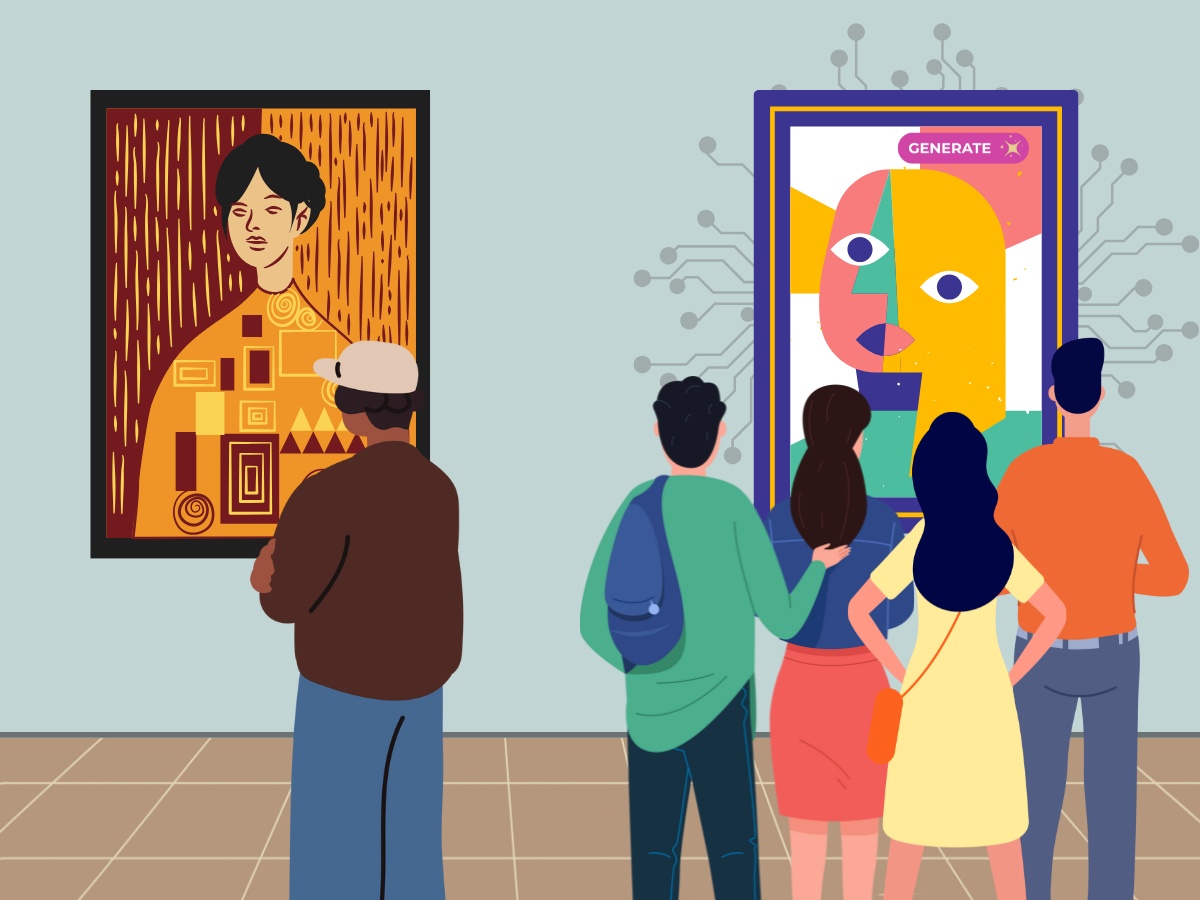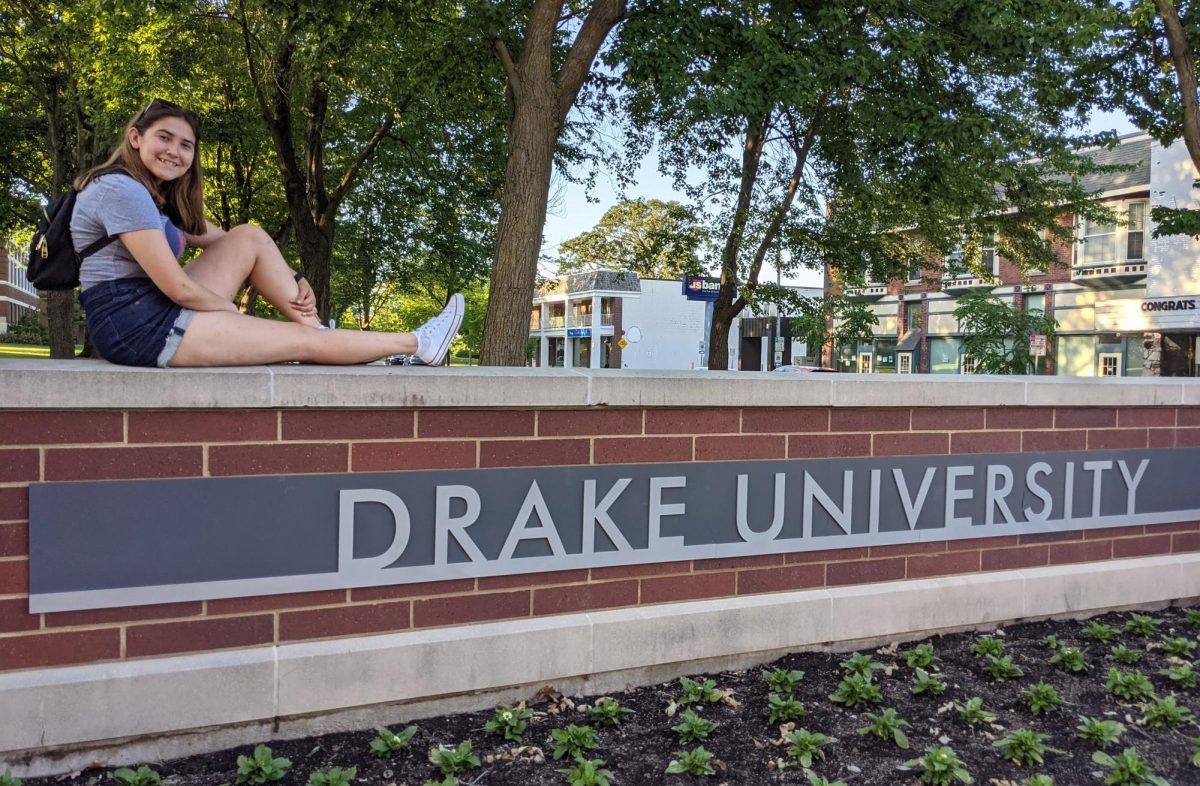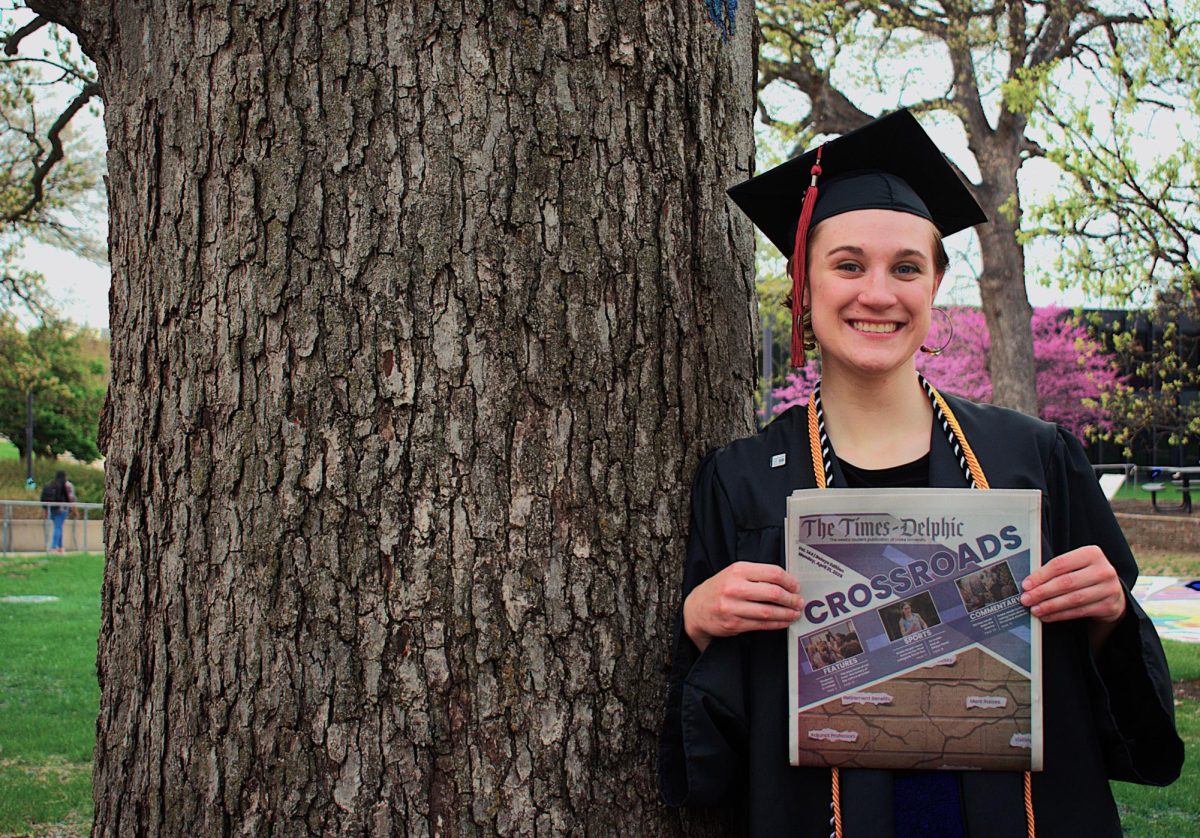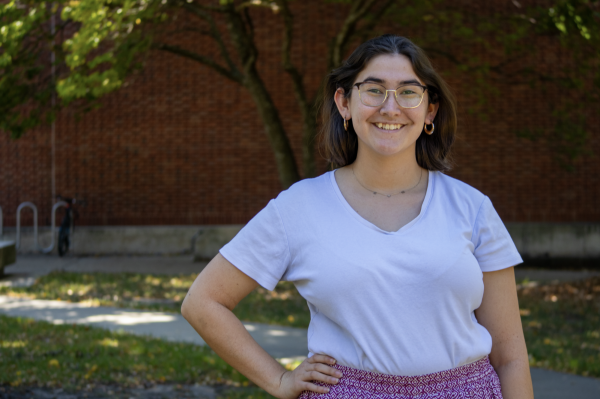Who knew a Saturday night romantic comedy would make me think so hard?
My friends choose movies in a rotation. My first pick of the school year was “Look Both Ways,” a Netflix original starring Riverdale sweetheart Lili Reinhart.
In the introduction, we meet Natalie (played by Reinhart) on the night of her college graduation. Natalie is terrified that her upset stomach is a sign of pregnancy, the result of a one-night stand with her friend.
The film then splits into two parallel plots: one where the unplanned pregnancy wrecks her five-year career plan and one where she just has food poisoning and achieves all her dreams without hindrance.
Despite being my pick, my friend liked the movie much more than I did. He said he found the premise interesting, although predictable, and the cute moments held his attention.
On my walk home from movie night, I tried to figure out why I didn’t like the film. I mean, I love rom-coms like “While You Were Sleeping,” “Mamma Mia!” and “To All the Boys I’ve Loved Before.” (Please check them out. They’re so good.)
It wasn’t until the next morning that it hit me.
Spoiler alert: I fully expected Natalie to embrace motherhood instead of the life she had planned for herself in the pregnant plotline. But she defied the odds and got everything she wanted with the bonus of a daughter.
She defied the odds. It wasn’t that I didn’t like the movie. It was that I didn’t like being wrong. “Look Both Ways” challenged my belief that an unplanned pregnancy completely upends someone’s entire life.
Now I know what you’re thinking. ‘Wow, Maria! You didn’t like a movie because the main character, a woman, was able to have a career AND a family? That’s not very feminist of you’.
I absolutely agree. I couldn’t believe that I, a self-proclaimed feminist, harbored such disdain for a movie that gave its female main character a successful and happy ending.
However, Natalie’s story is a best-case scenario. She has the emotional and financial support of her family, her best friend and the father of her baby. The latter is so much on her side that the character utters the line, “I’m pro-your-choice.”
Yet, I can’t help but imagine if the story would be different if it didn’t have to meet the genre’s happy ending requirement.
Rom-coms almost always have a happy ending for the “poster people.” You know, the main characters who serve as eye candy on the promotional materials. It’s all but certain that they’re going to end up together, no matter how many challenges get in their way.
If you dumped this plot idea into an episode of, say, “Euphoria,” Natalie would not achieve the same success. She would not have the same options or the same support.
It’s also important to consider this story in the context of its development and release date. The movie was filmed from June to August in 2021, and it was released on Aug. 17 of 2022. In between filming and the movie’s premiere, the Supreme Court overturned Roe v. Wade.
While abortion is never seriously considered in the movie, the female lead would have access to it in a Roe v. Wade world. Now that the historic case has fallen, many people are without this option, especially those in the character’s home state of Texas.
Natalie’s reality that she changes her five-year plan to accommodate a baby could become the new reality for many. But is it that realistic? Many people with circumstances different from Natalie’s could follow a completely different path.
Both Reinhart and director Wanuri Kahiu have expressed in separate interviews that their intention was never to make this movie an advertisement for either the pro-life or pro-choice movements. Kahiu said it was meant to be a story about following your heart and making your own decisions.
But it’s hard to see an unplanned pregnancy movie as simple as that in a time when few women in Natalie’s situation will end up as well off as Reinhart’s character.
I think that’s why I didn’t like “Look Both Ways.” Despite having a realistic premise that could happen to any of us, it has a Hollywood ending available to less than all of us.








